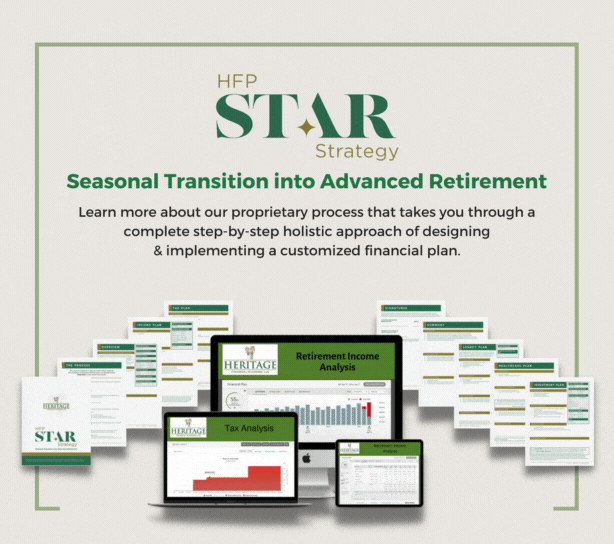Make sure you think about potential disruptions and plan ahead of time.
Families inherit money and sometimes make the right moves in investing and spending. Inheritances can also ignite disruption, divorce, and a host of bad behavior – far from the hopes and plans of the benefactor.
What happens when you leave what’s probably one of your biggest investments: your individual retirement plan?
Your Retirement Assets
Perhaps most important, your estate plan must address potential disruptions: the U.S. tax code will almost certainly change, your heirs will experience life’s normal challenges and opportunities, and something you never considered may befall those you leave behind. Early death, disability, and divorce all happen every day.
You should probably leave your retirement assets to an individual. Such accounts include your:
IRA or 401(k)403(b) if you worked for a school or tax-exempt organization, a simplified employee pension (SEP-IRA), or any of a number of other plans. The retirement plans must go to your spouse unless he or she signed away control of them after you married (prenuptial agreements do not apply here), permitting you to designate a different beneficiary. You can leave your IRA to any person you choose.
Planning Ahead of Time is Key
What if you leave your retirement money to your estate instead of to a person? What if your beneficiary dies before you?
In either case, your savings must be liquidated and distributed over the next five years. You also lose the ability to arrange stretched payouts over individuals’ life expectancies – usually lowering future income taxes significantly. Plus it creates a potential marital asset for many recipients, newfound wealth that can evaporate in the wake of some future family tragedy or feud.
You can use specialized trusts to help mitigate most risks, such as the danger of a family beneficiary blowing the inheritance. A number of vehicles exist to restrict a beneficiary’s (irresponsible) access to the money. For example:
- An incentive trust that pays out only if the beneficiary meets certain conditions and goals
- A spendthrift trust also allows for monthly allowances or periodic payments for the beneficiary’s life or until the funds are gone.
You worked hard to save for your golden years. When the inevitable day comes, and you no longer need what money remains, make sure you leave it behind the best way.
Leaving an inheritance to your loved ones is one of the most important gifts you can give. By planning ahead and considering potential disruptions, you can help ensure that your legacy is carried on with as little stress as possible for your family.
If you haven’t planned for your legacy, it’s not too late. We can help you get started by walking you through our HFP S.T.A.R. Strategy process, which is our proprietary step-by-step holistic approach to designing and implementing your customized financial plan.

Click here to learn more about our HFP STAR Strategy process.
Every family is unique and will have different needs when it comes to leaving an inheritance, so it’s important to work with experienced professionals like us, who can help tailor a plan specifically for you and your loved ones.
Ready to get started? Schedule your no-cost, no-obligation meeting with us today! Call our office at (574) 606-4406.
Source:
Copyright © 2022 FMeX. All rights reserved. Distributed by Financial Media Exchange.











